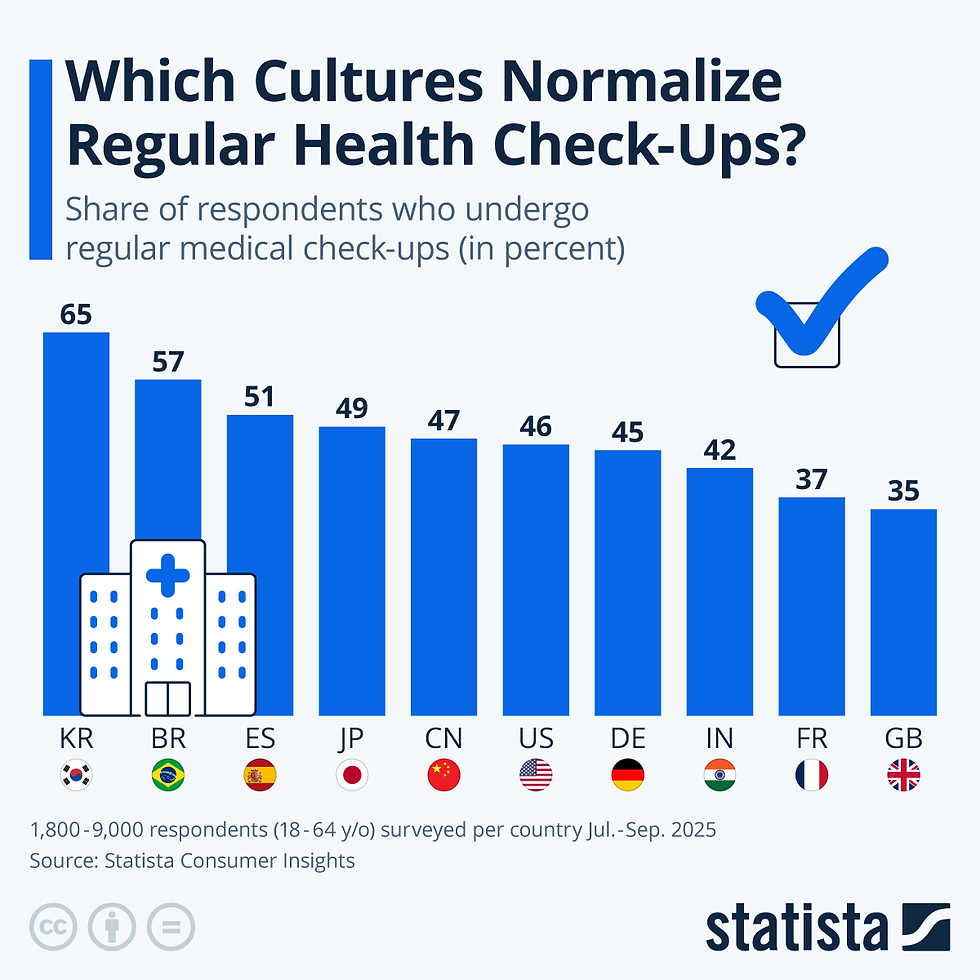English Is the Internet's Universal Language
- Create and Learn

- Apr 5, 2022
- 1 min read

This article is published in collaboration with Statista
by Felix Richter
Even in a globalized world, language barriers have the potential to exclude people from access to information and participation in the global conversation. After all, what good is the world wide web if you speak a language whose footprint barely extends beyond the borders of your own country?
Thankfully, there’s English, the internet’s lingua franca, connecting people from all over the world. According to estimates from W3Techs, 63.7 percent of all websites use English as their content language. And while English is in fact the best bet if you want to maximize your potential audience online, it is not nearly as universally spoken as one might think.
According to estimates from Internet World Stats, roughly 1.5 billion people speak English, of which 1.2 billion are internet users. That’s equivalent to 25.9 percent of the world’s internet users, meaning that almost 3 in 4 users are unable to understand more than 60 percent of all websites, at least without a translation tool.
As the following chart shows, some languages, such as Chinese, Spanish and Arabic, are underrepresented on the internet, while others such as English and Russian have a larger footprint online than they have in the real world.
Start leaning Data Science and Business Intelligence tools:
createandlearn#analytics#dashboard#finance#accounting#tableau#powerbi#excel#sales#datascience#businessintelligence




























Comments